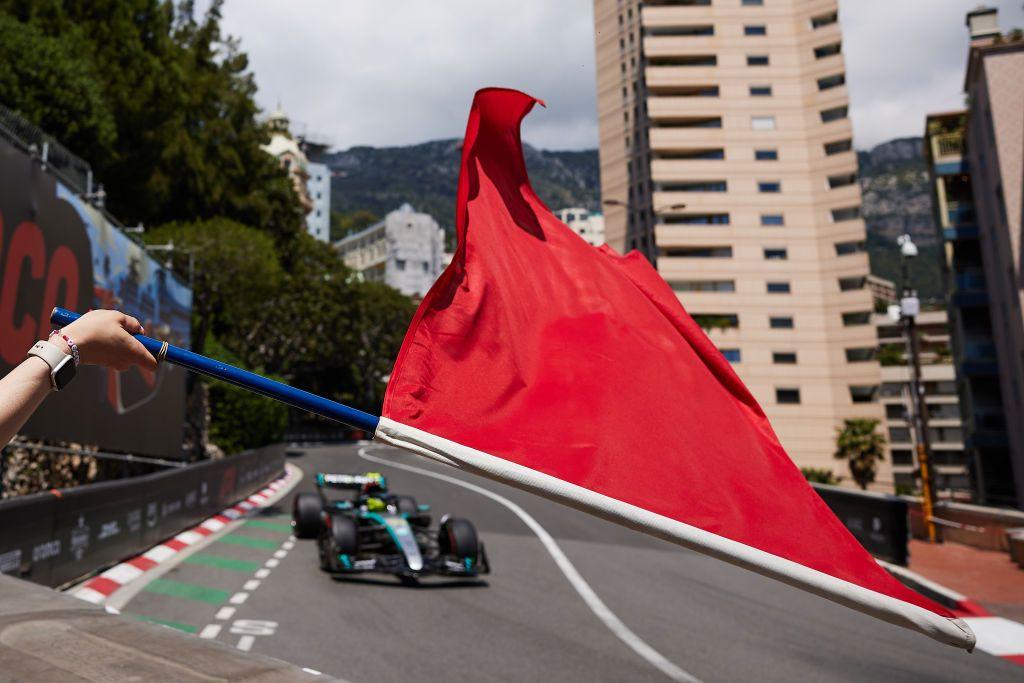New F1 rules to cool drivers in extreme heat

Drivers complained about the heat at the 2023 Qatar Grand Prix
- Published
Formula 1 is to introduce a device to cool drivers when conditions become too extreme in hot weather.
The move, which from next season will mandate a "driver cooling kit" when a heat hazard is declared, is a response to last year's Qatar Grand Prix.
Drivers complained after the race in the Gulf state last October that conditions were "beyond the limit".
A number of drivers needed medical attention for either dehydration or heat exhaustion after a race run in high temperatures and humidity.
Alpine driver Esteban Ocon said he had vomited in his helmet.
The new cooling system involves a series of measures all aimed at reducing the temperature in the cockpit when conditions could lead to heat-related medical concerns.
These include a method of blowing cool air on the drivers, possibly using heat exchangers, and increasing cooling apertures in parts of the car around the cockpit.
The use of the device was approved on Wednesday at a meeting of the F1 Commission, which involves governing body the FIA, commercial rights holder F1 and the teams.
Its introduction follows what were described in a statement by FIA and F1 as "encouraging test results".
The idea of a sprint race for rookie drivers at a post-season test was revisited but it was decided that one would not happen before 2026.
Further discussions to refine the idea will be held next year.
Following a chaotic wet race in Sao Paulo earlier this month, new rules for closing up the grid when drivers cannot make the start will be introduced.
Related topics
- Published13 November 2024

- Published13 November 2024
